Keys to a More Eco-Friendly and Stylish Bathroom
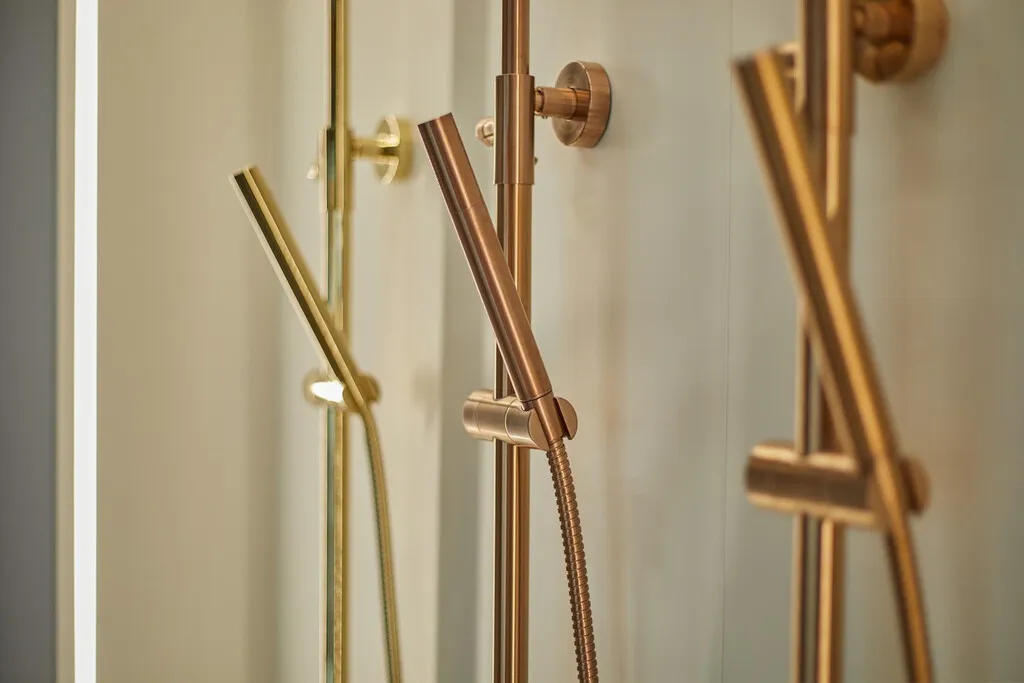 Pinterest
PinterestTo reduce water consumption, it's essential to find a balance between products that lower water usage without compromising user comfort. In such cases, reducing consumption to 5 liters per minute is optimal. When users complain about low shower pressure, they usually mean insufficient water flow. At this point, manufacturer technologies allow achieving the same sensations with less water usage while keeping regular faucets affordable.
Products with Special Coatings for Easy Maintenance and Durability
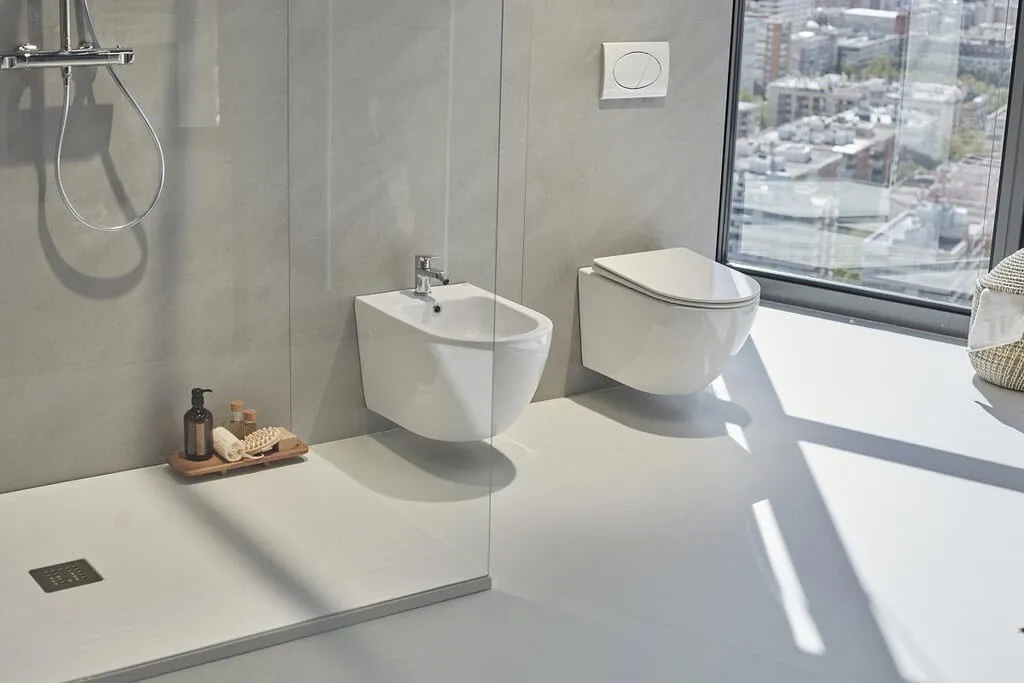 Pinterest
PinterestTo be more eco-friendly, we should choose products that last long and don't require replacement in the near future. Besides durability, these products should also include technologies aimed at saving resources or special coatings such as anti-lime and antimicrobial. These coatings simplify maintenance and enhance product longevity.
Water Heater Not Too Far and Not Too Hot
To have an eco-friendly bathroom (and home), the water heater shouldn't be too far from the bathtub or shower to avoid heat loss. Experts like Jacob Delafon explain this principle.
Regarding the ideal temperature for a water heater, it should range from 50 to 60 degrees Celsius. This temperature is sufficient for showers, according to experts. Actually, at this temperature, there's a higher risk of bacterial growth and unnecessary energy waste, as well as increased scaling issues.
Toilets with Dual Flush Are Better
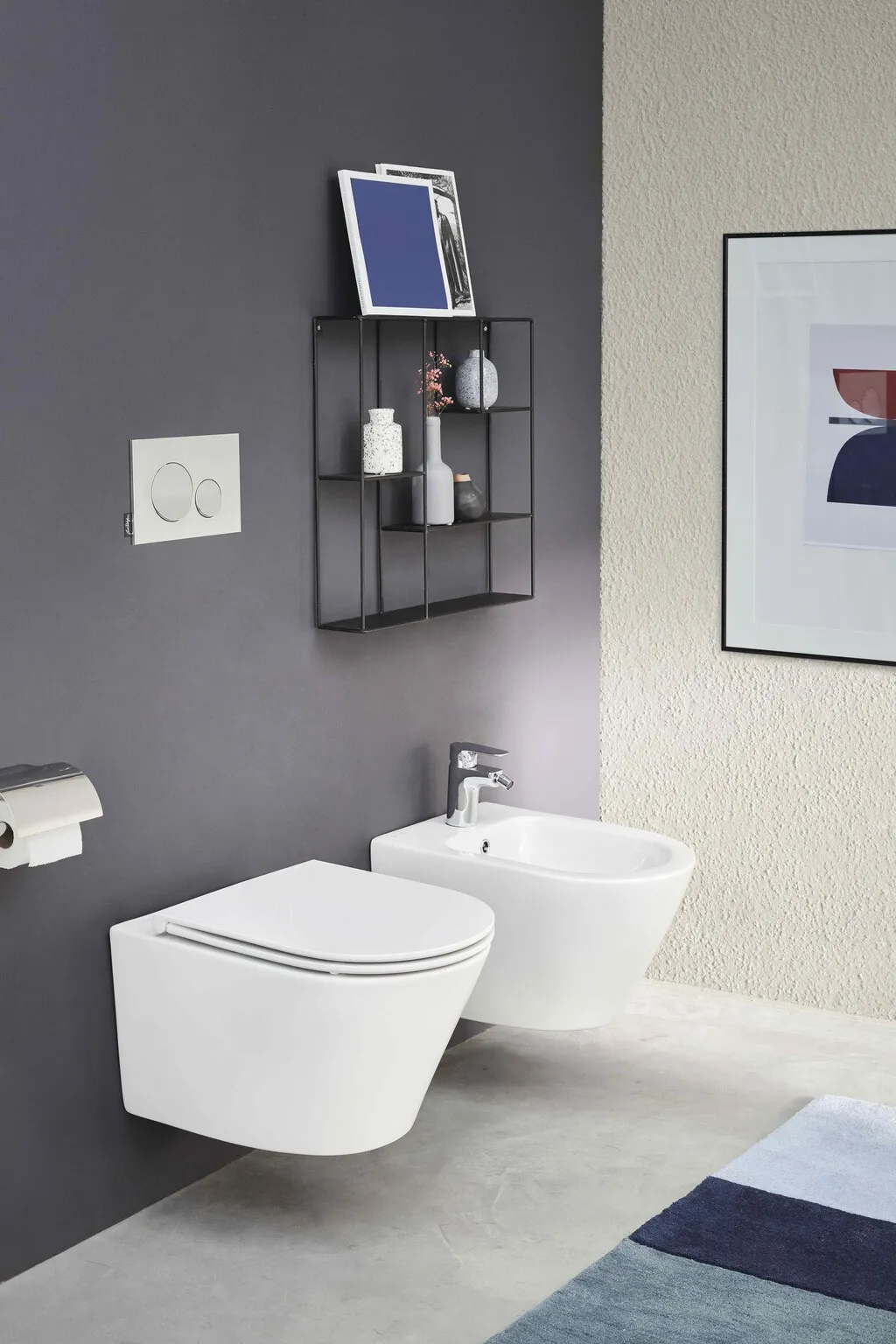 Pinterest
PinterestChoosing between one or two flush types in toilets shouldn't be a major investment decision or significantly impact your bathroom budget, but it's a mistake to ignore this aspect, especially if you're aiming for savings.
Need a renovation specialist?
Find verified professionals for any repair or construction job. Post your request and get offers from local experts.
You may also like
More articles:
 Should You Buy Home Warranty? Find Out Here
Should You Buy Home Warranty? Find Out Here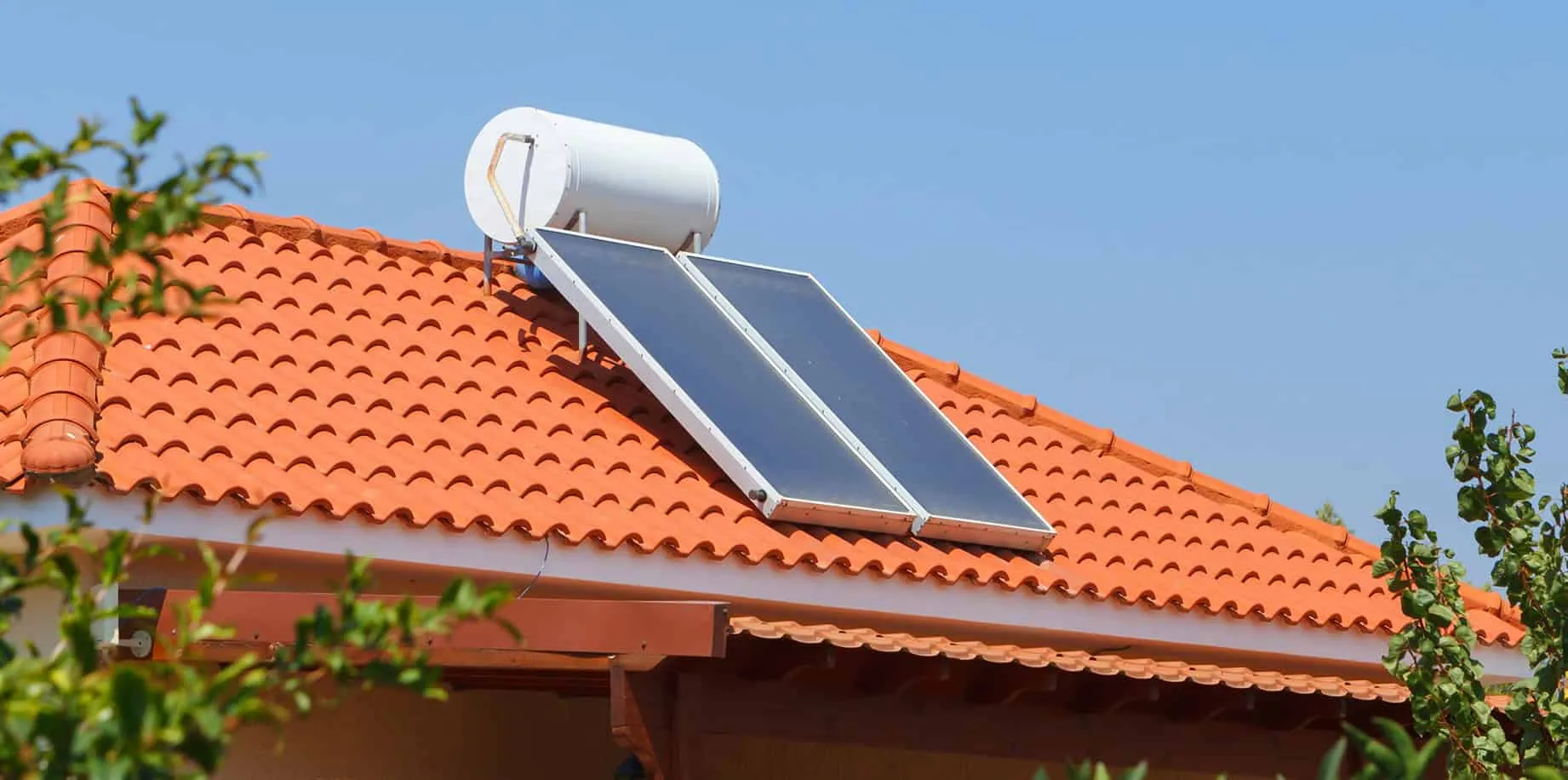 Is It Worth Installing a Solar Water Heater?
Is It Worth Installing a Solar Water Heater? Is Office Fitting Right for You?
Is Office Fitting Right for You? Should You Buy or Build Your First Home?
Should You Buy or Build Your First Home? Is It Worth Buying Real Estate in 2024?
Is It Worth Buying Real Estate in 2024? Does Your Home Breathe Clean Air? Find Out Now!
Does Your Home Breathe Clean Air? Find Out Now!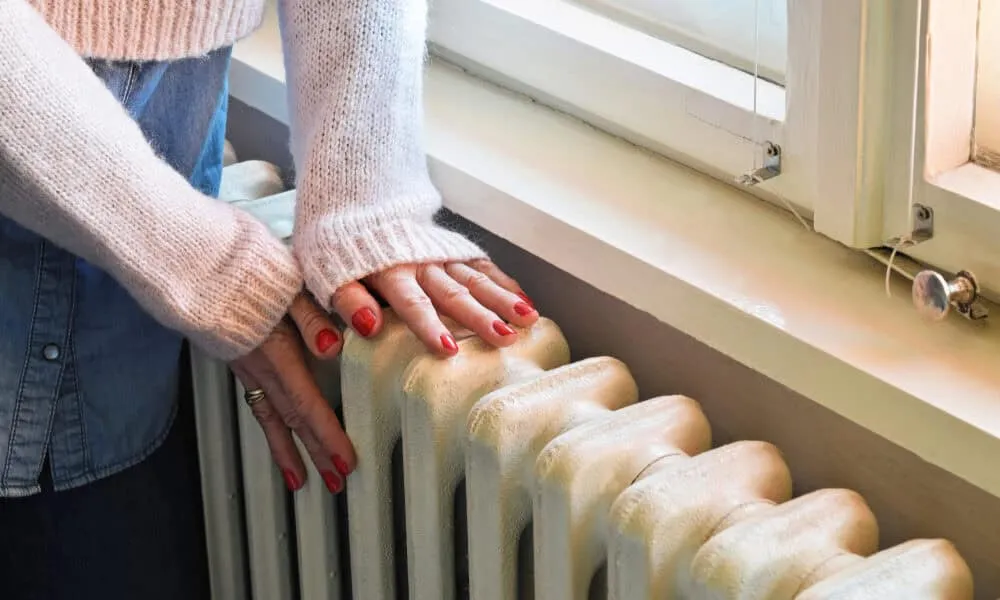 Is Your Radiator Wasting Energy (and Money)?
Is Your Radiator Wasting Energy (and Money)?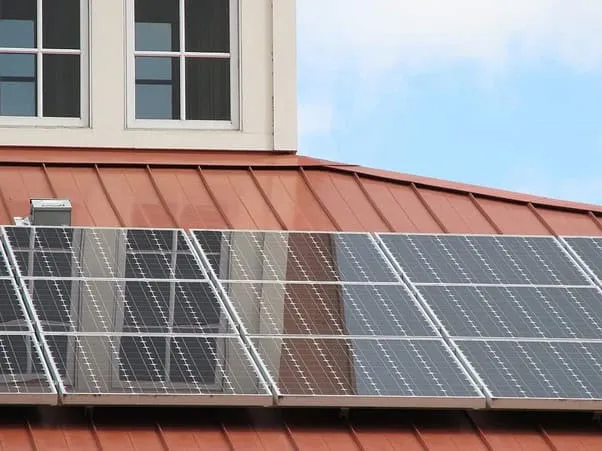 Is Your Roof Type Suitable for Solar Panels?
Is Your Roof Type Suitable for Solar Panels?